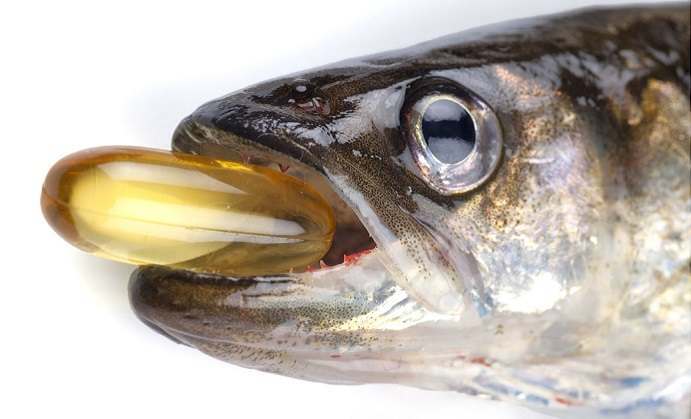Menstruation is normal vaginal bleeding which occurs as part of a woman’s monthly cycle. Each month, the uterus prepares for pregnancy. When no pregnancy occurs, the lining of the uterus is shed through the cervix and vagina, and this is what menstruation is. The average number of days for menstruation to occur is every 28 days, however, this can range from every 24 to 34 days. Many women face challenges during menstruation such as pain and heavy blood flow. Irregular cycles are also something that a lot of women suffer from. Having a regular cycle shows that everything is working normally in your body, so irregular cycles, or going long periods of time between your periods, is something worth discussing with your doctor. One nutrient that is thought to be beneficial for reducing the problems associated with menstruation is omega-3 fatty acids.
What are Omega-3 Fatty Acids?
 These polyunsaturated fatty acids are necessary for the functioning of the human brain and normal growth. Good sources of omega-3 fatty acids are salmon, tuna, halibut, some nuts, and flaxseeds. Omega-3 fatty acids are also believed to be beneficial for those suffering from problems connected to the heart, joints, various types of cancers and attention deficit hyperactivity disorder (ADHD). If you do not get enough omega-3 fatty acids from your food, because you don’t like eating the foods that are high in omega-3 fatty acids, then it is possible to take an omega-3 dietary supplement.
These polyunsaturated fatty acids are necessary for the functioning of the human brain and normal growth. Good sources of omega-3 fatty acids are salmon, tuna, halibut, some nuts, and flaxseeds. Omega-3 fatty acids are also believed to be beneficial for those suffering from problems connected to the heart, joints, various types of cancers and attention deficit hyperactivity disorder (ADHD). If you do not get enough omega-3 fatty acids from your food, because you don’t like eating the foods that are high in omega-3 fatty acids, then it is possible to take an omega-3 dietary supplement.
There is evidence to show that omega-3 fatty acids, plus Vitamin B-12, can help reduce some of the discomforts that women suffer from during menstruation, such as cramps. It is thought that taking an omega-3 supplement daily for two months can greatly reduce the pain associated with menstruation.
Adverse Effects
Every food and drug has some advantages and disadvantages. However, sometimes taking an omega-3 supplement may result in side effects such as gas, bloating, and diarrhea. It is not recommended to take an omega-3 supplement if you are on blood-thinning medications or if you suffer from a bleeding disorder as these supplements can increase bleeding. It is also not recommended for those who have type-2 diabetes.
Before taking any medication or treatment, it is always better to take advice from a doctor. The safety measures you take today will help you live happily tomorrow. Nowadays, all medicines and other dietary supplements are easily accessible to us. It is recommended to talk to your doctor before taking an omega-3 supplement for any menstruation problems.
The Bottom Line
We all know menstruation is one of the difficult things which women deal with from the age of puberty. However, we can make it easier by taking certain steps. We can take better care of our bodies through adding certain foods or including dietary supplements like omega-3 fatty acids in our diets. This will help to get rid of all menstrual problems including pain and abdominal cramps, making your monthly periods much easier to bear.
Do you want to find an effective Omega-3 supplement? Check out our top rated Omega-3 products











